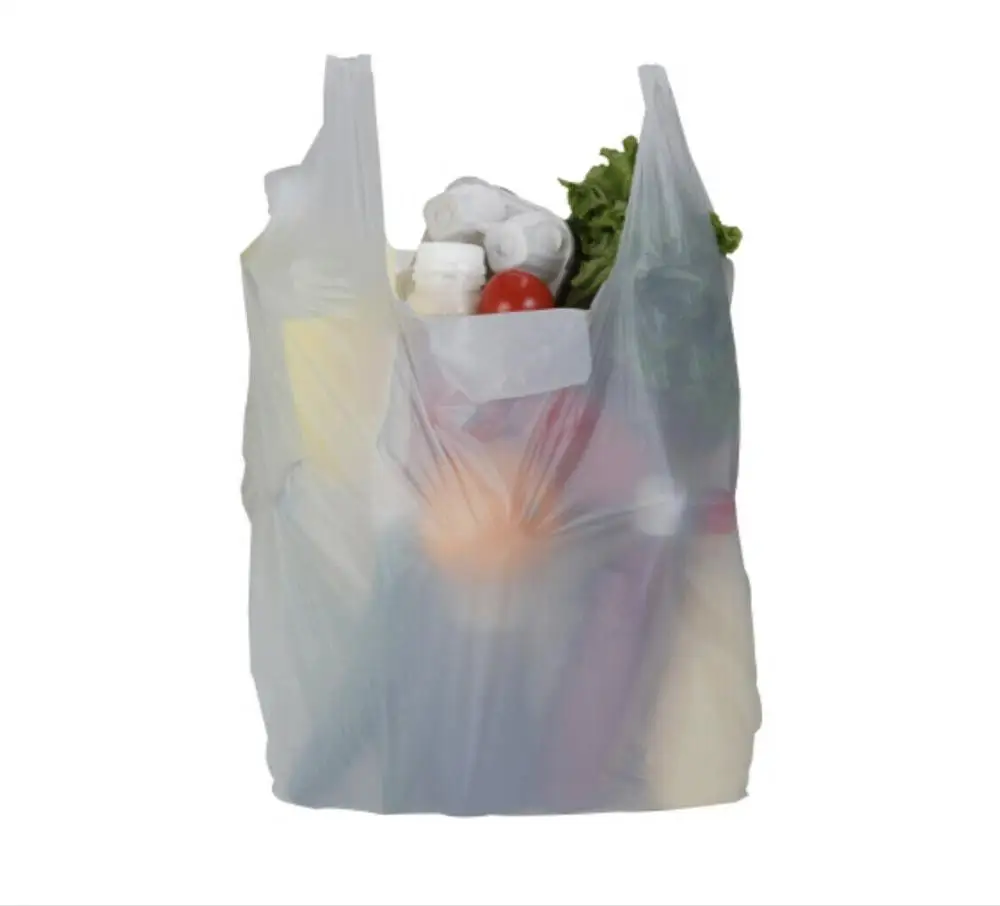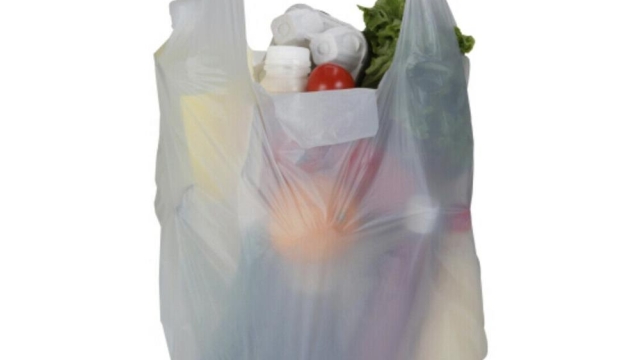
In today’s fast-paced world, convenience often takes precedence over sustainability. One of the most visible manifestations of this trend is the common plastic shopping bag. These lightweight carriers have become a staple for millions of shoppers, offering an easy solution for transporting groceries and goods. However, as their popularity has surged, so too have concerns about their environmental impact, leading to an important conversation about the hidden costs of these seemingly harmless items.
Plastic shopping bags, while practical, contribute significantly to pollution and environmental degradation. With an estimated trillions of bags used globally each year, the consequences are far-reaching, affecting ecosystems, wildlife, and even human health. As we delve into the implications of our reliance on plastic bags, it becomes clear that the convenience we cherish comes with a price that we can no longer afford to ignore.
Environmental Impact of Plastic Bags
Plastic shopping bags, while convenient, pose significant environmental challenges. These bags are made from polyethylene, a type of plastic that can take hundreds of years to decompose in landfills. As they break down, they fragment into smaller microplastics that contaminate soil and waterways, harming ecosystems and entering the food chain. The sheer volume of plastic bags used globally, with trillions produced annually, exacerbates this issue and highlights the urgent need for sustainable alternatives.
Marine life is particularly affected by plastic shopping bags, which often end up in oceans and waterways. Turtles, fish, and seabirds can mistake these bags for food, leading to ingestion that causes internal injuries or death. Furthermore, when plastic bags break down, they release toxic chemicals into the marine environment, further endangering wildlife and disrupting aquatic ecosystems. The impact is profound, with entire species at risk due to plastic pollution, showcasing the far-reaching consequences of our plastic habits.
In addition to harming wildlife, plastic shopping bags contribute to climate change. The production and disposal of plastic bags emit greenhouse gases, from the extraction of fossil fuels used in their manufacture to the emissions from incineration. As global temperatures rise, these emissions contribute to a cyclical pattern of environmental degradation. Reducing our reliance on plastic shopping bags is critical not only for protecting wildlife but also for mitigating climate change and promoting a healthier planet for future generations.
Health Risks Associated with Plastic Bags
Plastic shopping bags are often made from low-density polyethylene, which can leach harmful chemicals when exposed to heat or certain substances. These chemicals have raised concerns regarding their potential effects on human health, particularly when plastic bags are used to store food. The risk of contamination increases significantly when hot items are placed directly into these bags, leading to the possibility of ingesting harmful substances.
Moreover, the widespread use of plastic bags contributes to environmental pollution, which indirectly affects human health. As plastic waste accumulates in landfills and natural habitats, it breaks down into microplastics that can enter the food chain. This ingestion of microplastics has been linked to various health issues, including inflammation and potential disruption of endocrine functions, posing a risk to both humans and wildlife.
Additionally, the durability of plastic bags presents a challenge; they do not decompose easily and can remain in the environment for hundreds of years. This long-term presence not only pollutes ecosystems but also leads to the repeated issue of plastic exposure for humans. As communities grapple with the fallout from plastic pollution, the health implications of plastic bags continue to be a pressing concern, urging a reevaluation of their usage.
Alternatives to Plastic Shopping Bags
White Plastic Thank You Bags
One popular alternative to plastic shopping bags is reusable cloth bags. These bags are often made from durable materials such as cotton or canvas, making them strong enough to carry heavy groceries. They can be used multiple times, reducing the overall waste generated by single-use bags. Many retailers offer cloth bags for sale, and some even provide incentives for customers who bring their own bags, encouraging a shift towards more sustainable shopping habits.
Another option is biodegradable plastic bags. Unlike traditional plastic bags that can take hundreds of years to decompose, biodegradable bags are designed to break down more quickly under specific environmental conditions. While they are not a perfect solution, as they still require proper disposal processes to decompose effectively, they can serve as a better choice for consumers looking to minimize their environmental impact without giving up the convenience of plastic.
Finally, a growing trend is the use of paper bags, which are often made from recycled materials. Paper bags are biodegradable, and they decompose much faster than plastic bags. They can carry a reasonable weight and are easily recyclable after use. However, it is important to consider the environmental impact of producing paper bags, as they require trees and energy to manufacture. Opting for reusable paper options can help balance convenience with sustainability, promoting responsible consumer behavior.





